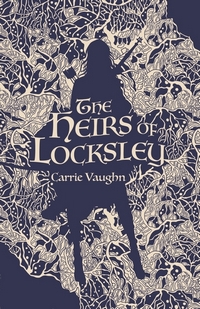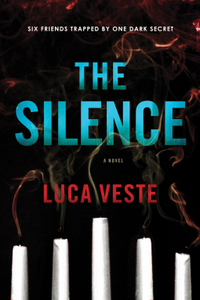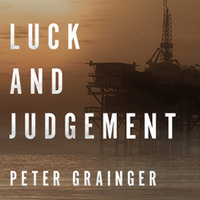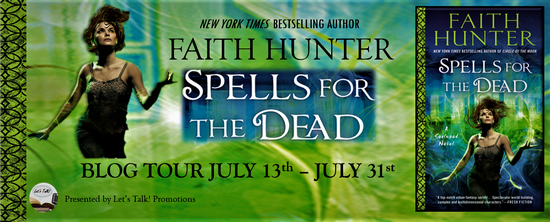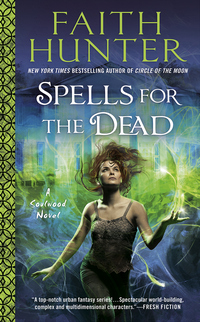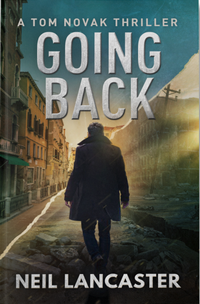 |
Going Backby Neil Lancaster eARC, 506 pg. Read: August 11, 2020 |

What’s Going Back About?
Over the last couple of books, Tom Novak has received some pretty significant favors from Mike Brogan, his old friend who does some sort of work for American Intelligence (I like how vague his actual role is kept). And now he’s collecting.
There’s an ex-Serbian Special Operations officer who was freed from a prison van by a paramilitary force using some sort of device that seems like a portable EMP. Which is something that everyone (including governments around the world) wants, but no one’s been able to create. There’s a two-fold interest in this—1. can that portable device actually do what they think? and 2. There seems to be something major underway from this officer, probably using the EMP-like device. Which is not good for anyone.
Brogan’s team is pretty sure they know who’s bringing the tech-savvy to the team. Stefan Cerović left the country about the same time as Novak—but he ended up in the States. He was recently fired from a prominent tech company for failing a drug test and resurfaced in Belgrade. Cerović appeared to be relying on one particular black-market arms dealer, who’d recently been arrested. The job is for Novak to present himself as a new supplier as a way in. His ability with the language and similar background to Cerović is seen as a way for him to connect.
Mike will be around as backup, and of course, Pet will be around, too, doing all the typical technical wizardry.* Pet’s one of those characters that changes every scene she’s in—and makes Novak a more likable character when she’s around. I forget how much I like her until she shows up.
* Minor spoiler: Pet makes a costly mistake. I was so happy to see this. So often tech wizards like her are depicted as nigh infallible. But she makes a bad judgment call and she and Tom pay for it, keeping her human—a fantastically talented human, sure—but human.
As things are wont to do, after some initial success (Cerović’s a lot more interested in drugs than initially thought, which opens up so many doors for Novak), Brogan’s nifty plan goes off the rails—but not in a way you’d expect. Novak and Pet have to rely on Novak’s Marine slogan, and improvise and adapt so they have a shot at overcoming their opponents.
Serbia, huh?
I keep wondering how much mileage Lancaster’s going to be able to get out of Novak’s heritage and assume at some point we’re going to get a novel where it’s not so central. But until then, I’ll continue to be interested in seeing how Lancaster can adapt it.
This time out, putting him in his old homeland allows (forces?) him to confront and better understand his history (both recent and decades-old). Lancaster is able to get a two-for-the-price-of-one return here, not only is it the perfect setting for this kind of story, but we get a little character development.
One Gripe…
No self-respecting Texan is going to describe himself as from the “Deep South.” Sorry. Yes, it’s a minor issue, but it took me out of the moment. And for a book/series that reeks of authenticity, it’s a conspicuous blunder.
I did read an eARC which I know are still subject to change. Hopefully, that’s one of those edits that’s addressed before publication date.
So, what did I think about Going Back?
The first two books in this series had a pretty clear line of demarcation between the “undercover police officer” part and the “action hero” part of the book, and it worked pretty well. In Going Back, however, Novak slides back and forth between the two pretty easily (although the there is a clear shift in emphasis). I liked that a whole lot and hope Lancaster can do more of that in the future.
Throughout the whole book it felt to me like Lancaster had taken everything that worked best in Going Dark and Going Rogue, combining them while leaving off everything that didn’t work as well. Giving us the best in the series, a confident and well-paced thrill ride that will please fans and probably pick up a few for the series. You don’t have to have read the previous three to enjoy this one, the backstory isn’t that important to it. This is a fun way to spend a couple of hours and I recommend it to you.
Disclaimer: I received this eARC from the author in exchange for this post and my honest opinion—thanks for this.

![]()




